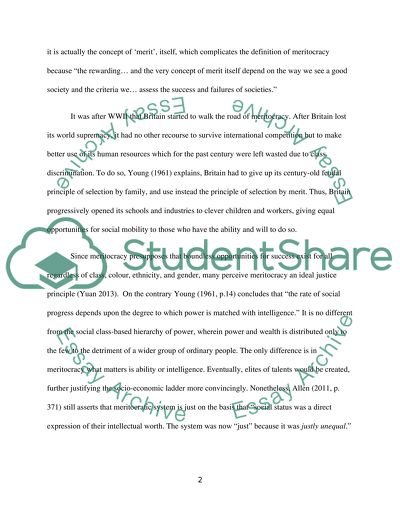Cite this document
(“Has post war policy made education in England more meritocratic Essay”, n.d.)
Retrieved from https://studentshare.org/education/1492657-has-post-war-policy-made-education-in-england-more
Retrieved from https://studentshare.org/education/1492657-has-post-war-policy-made-education-in-england-more
(Has Post War Policy Made Education in England More Meritocratic Essay)
https://studentshare.org/education/1492657-has-post-war-policy-made-education-in-england-more.
https://studentshare.org/education/1492657-has-post-war-policy-made-education-in-england-more.
“Has Post War Policy Made Education in England More Meritocratic Essay”, n.d. https://studentshare.org/education/1492657-has-post-war-policy-made-education-in-england-more.


